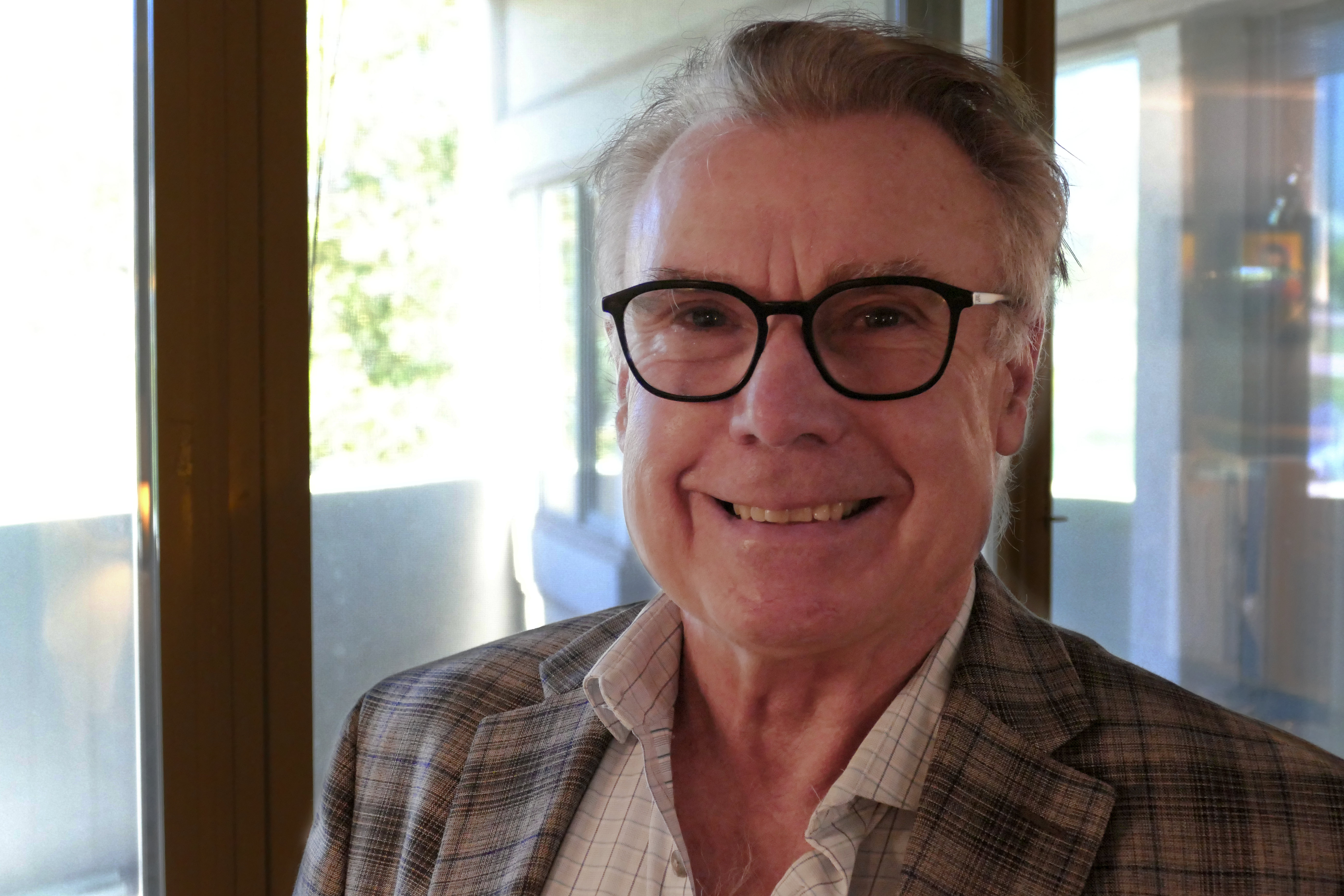“We see only what we know”
— Goethe
I’ve been a psychotherapist for more than 30 years in the Denver/Boulder area, working with adults, children and families. In my years of practice, I’ve witnessed a drastic shift in health care; in behavioral health that trend has been toward short-term, one-size-fits-all therapy. Research has shown that for some patients, this approach does more harm than good. But, moreover, I believe this philosophy of treatment gives short shrift to the complexity of the human spirit.In my work, therapy evolves from the relationship between doctor and patient, and is about collaboration and communication. My goal is to help others develop an understanding of the forces that influence our behavior, and with that self-awareness, discover a better way of being in the world and relating to those we love.

AboutMichael D. Smith received his doctorate in counseling psychology from the University of Northern Colorado. He completed at internship at Primary Children’s Medical Center in at the University of Utah Medical School in Salt Lake City. A native of Cincinnati, Dr. Smith received his undergraduate degree from the University of North Carolina, Greensboro, majoring in religious studies.He conducted his dissertation research on postpartum depression, specifically on how the marital relationship, family/community support and personal history contribute to the onset of maternal depression. His findings were presented at the annual national convention of the American Psychological Association (APA).Dr. Smith has been a psychotherapist in private practice for more than 15 years. He has been a staff therapist for area crisis teams, hospitals and mental health facilities including Boulder Community Mental Health, Boulder Child, Adolescent and Family Services and St. Anthony’s In-Patient Psychiatric Unit. He also was the lead technician at several electroencephalograph (EEG) labs in Ohio and Colorado.He collaborates with local OB/GYN, pediatric and family practice groups to integrate medical and psychological care. His experience includes a previous career in theater and dance, which also informs his approach – addressing the interplay between issues of body, mind and human experience.
My PhilosphyAs a psychologist, I consider listening to be the primary way I help my patients, whether they be individuals, couples, children or families. I’ve learned that if my patients feel they are heard and respected, they develop confidence in the therapeutic relationship and real progress is made.To understand the issues that bring each person to therapy, I consider it essential to listen to their narrative — how they tell the story of their life. A scientifically accurate psychological assessment — critical to developing a plan for treatment — is useful only if it reflects the particulars of the person it is intended to help. Despite the introduction of technology into the field of human behavior, psychology is still about the idiosyncratic make up of the individual. The doctor and patient relationship provides the foundation of trust. For the alchemy of therapy to occur, each patient needs to first feel heard, accepted and understood.
